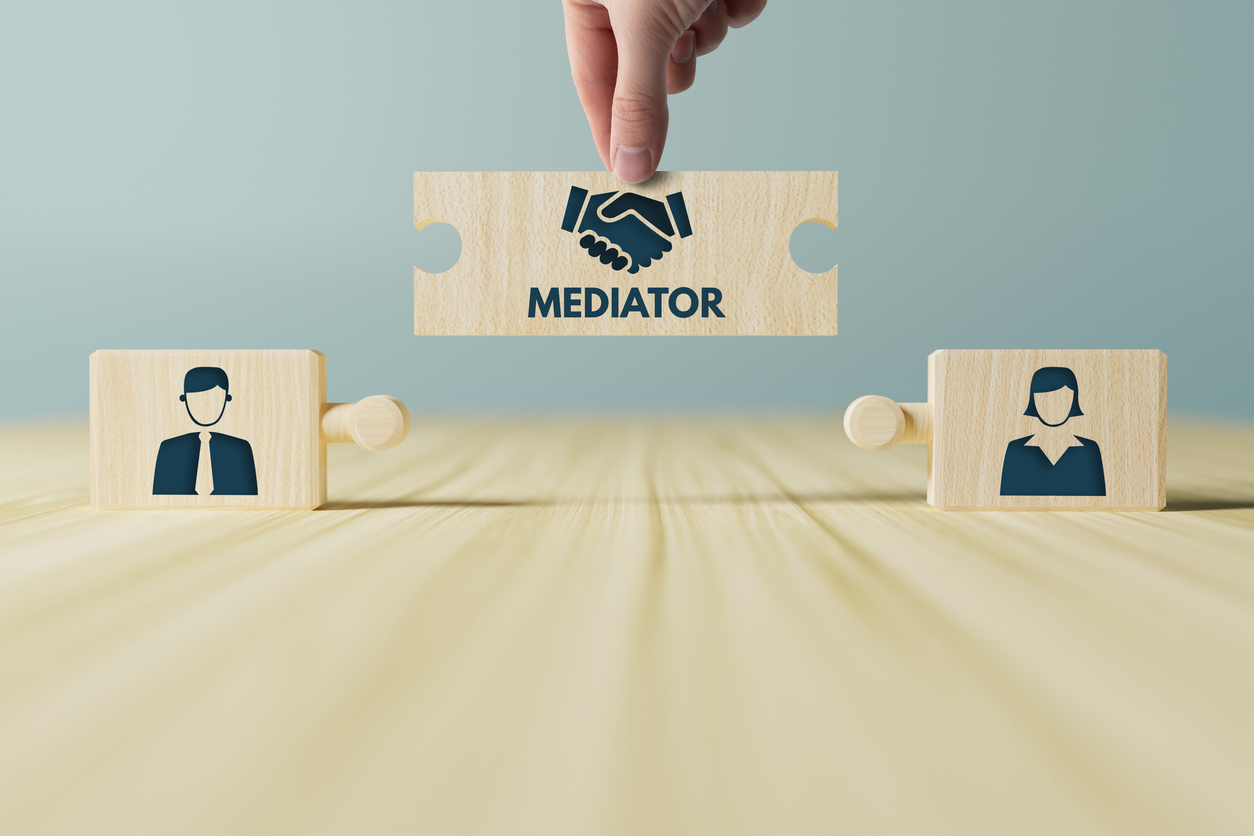Divorce can often be seen as the final chapter of a relationship, but the way couples approach it makes all the difference in how emotionally and financially taxing the process becomes. In recent years, pre-suit divorce mediation has gained recognition as a constructive alternative to litigation. Unlike courtroom battles that can stretch on for months or years, mediation before filing a lawsuit encourages collaboration, reduces hostility, and promotes fair resolution. This approach does not only benefit separating spouses but also extends its advantages to children, extended families, and even the legal system itself.
By examining the essential advantages of pre-suit divorce mediation, couples can better understand how this process can protect their well-being while ensuring their legal rights remain safeguarded.
Why Pre-Suit Divorce Mediation Is Transforming Family Law
The foundation of pre-suit divorce mediation lies in addressing disputes before they escalate into contentious legal battles. In mediation, both parties sit down with a neutral third party who facilitates dialogue, encourages compromise, and guides them toward mutually acceptable solutions. Because the process occurs before a lawsuit is filed, it removes the immediate adversarial framework that often shapes divorce litigation.
Courts across the United States have recognized the effectiveness of mediation in reducing case backlogs and lowering public costs. According to the U.S. Department of Justice, mediation programs are increasingly implemented to resolve disputes efficiently, which provides a broader legal context to its growing role in family matters.

Lowering Emotional Conflict Through Pre-Suit Divorce Mediation
One of the most important benefits of pre-suit divorce mediation is its ability to reduce emotional strain. Litigation often amplifies conflict, as each side feels compelled to “win” at the other’s expense. Mediation, by contrast, reframes the conversation into one centered on problem-solving rather than confrontation. This collaborative environment fosters respect and encourages dialogue rather than accusations.
Couples who prioritize mediation over litigation frequently report greater satisfaction with the outcome. Since they have an active role in shaping agreements, they feel heard and respected, rather than sidelined by rigid legal arguments. The process is not free of difficult emotions, but the structure of mediation helps keep disagreements from spiraling out of control.
Financial Savings from Pre-Suit Divorce Mediation
Traditional divorce litigation is expensive, requiring court filings, prolonged attorney involvement, and often numerous hearings. By comparison, pre-suit divorce mediation dramatically reduces these costs. Because the process begins before lawsuits are filed, couples save on court fees and reduce the number of billable hours spent on adversarial proceedings.
This financial advantage becomes particularly important when considering post-divorce financial realities. Savings from mediation can instead be redirected toward housing, children’s education, or retirement planning. In this sense, mediation not only addresses the present conflict but also helps couples secure their financial futures.
Preserving Privacy in the Mediation Process
A courtroom divorce is a matter of public record. Testimonies, disputes, and even sensitive financial information can become accessible through court filings. Pre-suit divorce mediation, however, offers a more private avenue for resolution. Since discussions and agreements occur outside the courtroom, couples maintain greater control over what becomes part of the public record.
This privacy is especially meaningful for individuals who wish to protect children from the details of parental disputes or who have reputational concerns in their personal or professional lives. Confidentiality in mediation empowers couples to speak openly without fear that their words will later be weaponized in a public forum.

Greater Control and Flexibility in Pre-Suit Divorce Mediation
When couples choose pre-suit divorce mediation, they retain decision-making power rather than handing it over to a judge. In litigation, judicial rulings are bound by statutory requirements and legal precedent, which can sometimes feel rigid or detached from the family’s actual needs. Mediation, however, allows for more flexible solutions tailored to unique circumstances.
Agreements can be crafted around schedules, financial arrangements, or parenting styles that work best for the family. For example, parents may develop creative parenting plans that courts would be unlikely to order. This sense of control helps couples transition from marriage to separate households with smoother adjustments.
Protecting Children’s Well-Being Through Mediation
Children often bear the heaviest emotional burden of divorce. Courtroom litigation exposes them indirectly to hostility, as parents may argue bitterly over custody and visitation rights. Pre-suit divorce mediation offers a healthier alternative by promoting cooperative decision-making that prioritizes children’s needs.
By fostering a less combative environment, mediation minimizes the risk of children feeling caught in the middle of parental disputes. Agreements made in this setting are more likely to emphasize stability and continuity for children, helping them adapt to changes with less disruption.
Efficiency and Time Savings of Pre-Suit Divorce Mediation
Another compelling benefit of pre-suit divorce mediation is its efficiency. Divorce cases in crowded court systems can take months or even years to conclude. Mediation, by contrast, can resolve key issues in a fraction of that time. Since there are no rigid court calendars or procedural delays, couples can schedule sessions at their convenience and move forward as quickly as they are able.
Faster resolution benefits not only the couple but also the broader legal system, which avoids unnecessary strain on already overburdened courts. The streamlined nature of mediation makes it an appealing option for those who want to move forward without prolonged uncertainty.
Building a Foundation for Post-Divorce Cooperation
Divorce marks the end of a marriage but not necessarily the end of interaction, especially when children are involved. Pre-suit divorce mediation can help set the tone for future cooperation by modeling respectful communication and problem-solving. The skills developed in mediation often carry forward, assisting parents in resolving future disputes more constructively.
This cooperative foundation benefits both children and parents, reducing the likelihood of future legal battles and encouraging healthier co-parenting dynamics.
Comparing Mediation and Litigation
The distinction between mediation and litigation is profound. In court, the process is adversarial, slow, and often destructive to family relationships. Mediation, on the other hand, emphasizes constructive solutions and cost savings. To further explore this comparison, couples may find value in reading about the differences outlined in resources like pre-suit divorce mediation vs divorce litigation, which provides valuable insights into why many families choose mediation first.

Legal Recognition and Enforcement of Mediation Agreements
A common question among couples is whether agreements reached through pre-suit divorce mediation carry legal weight. The answer is yes. Once both parties finalize their mediation agreement, it can be submitted to the court for approval and incorporated into the divorce decree. This ensures that the mediated terms are legally enforceable, offering the same protection as court-ordered arrangements.
The legal framework surrounding mediation varies by jurisdiction, but courts generally encourage and uphold mediated agreements as long as they meet statutory requirements and protect the interests of any children involved.
Conclusion: Why Couples Should Consider Pre-Suit Divorce Mediation
For couples navigating the challenges of divorce, pre-suit divorce mediation offers a pathway marked by respect, cost savings, privacy, and control. It softens the harsh edges of separation and replaces courtroom battles with constructive dialogue. From safeguarding children’s well-being to protecting financial stability, the advantages are clear and lasting.
By choosing mediation before litigation, couples not only protect themselves but also contribute to a more efficient and compassionate legal system.
